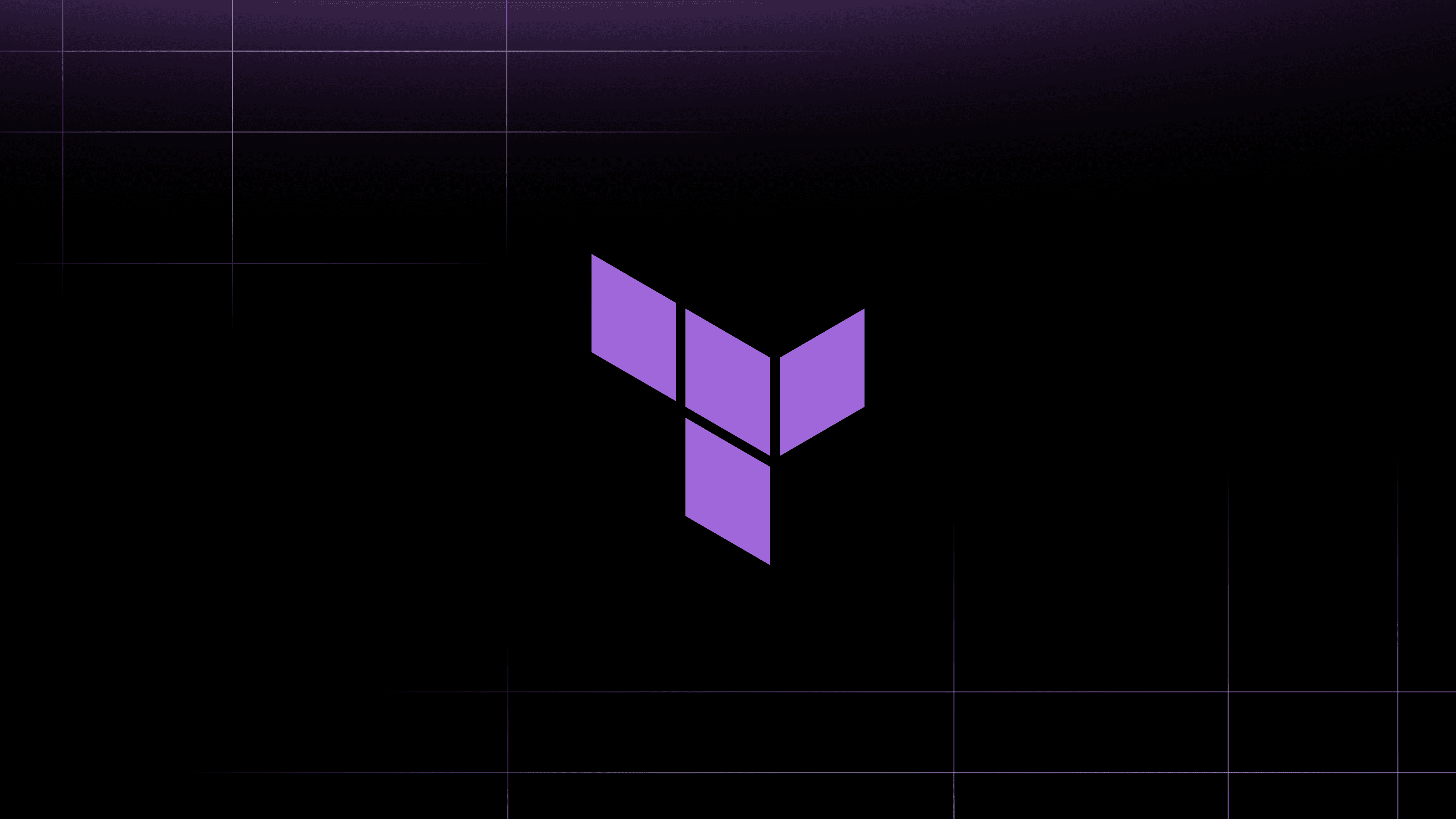HashiCorp Terraform Enterprise is the self-hosted distribution of HCP Terraform for customers with strict regulatory, data residency, or air-gapped networking requirements. The latest Terraform Enterprise releases provide more flexible deployment options for customers with support for deployment on two new application platforms: HashiCorp Nomad and Red Hat OpenShift.
»New deployment runtime options
In September 2023, we introduced new flexible deployment options for Terraform Enterprise, with initial support for Docker Engine and cloud-managed Kubernetes services (Amazon EKS, Microsoft AKS, and Google GKE). These options were extended in the April 2024 release with the addition of Podman support.
»HashiCorp Nomad
HashiCorp Nomad is a modern and efficient application scheduler for containers, binaries, and virtual machines. With the August 2024 (v202408-1) release of Terraform Enterprise, we are excited to add Nomad as a fully supported runtime environment. Nomad Enterprise customers also benefit from direct HashiCorp support for their Terraform Enterprise deployment and its runtime.
The quickest way to deploy Terraform Enterprise on a Nomad cluster is to use Nomad Pack, the templating and packaging tool for Nomad, with the Nomad Pack for Terraform Enterprise. For more information, visit the Nomad installation page in the Terraform Enterprise documentation.
»Red Hat OpenShift
Red Hat OpenShift is a Kubernetes application platform popular among enterprises due to its pre-packaged operational extensions, strong default security posture, and commercial support options. As of the July 2024 (v202407-1) release, Terraform Enterprise is supported for deployment on OpenShift clusters. This includes self-managed OpenShift Container Platform environments and hosted OpenShift services on Amazon Web Services (AWS ROSA), Microsoft Azure, Google Cloud, and IBM Cloud.
Deploying Terraform Enterprise on OpenShift is similar to the existing Kubernetes options, with the addition of the openshift.enabled parameter in the Helm chart to support OpenShift security context requirements. To learn more, refer to the Operate on Red Hat OpenShift documentation.
»Migration from Replicated-based installs
Customers still running a Replicated deployment of Terraform Enterprise are strongly encouraged to migrate to one of the new flexible deployment options. The final Replicated release of Terraform Enterprise is scheduled for November 2024. While HashiCorp Support will accept cases for this release until April 1, 2026, migrating by November ensures organizations will continue to receive the latest features and fixes.
As of the August 2024 release, the flexible deployment options for Terraform Enterprise include:
- Docker Engine on any supported Linux distribution
- Podman on Red Hat Enterprise Linux 8 or 9
- Cloud-managed Kubernetes: Amazon EKS, Microsoft AKS, and Google GKE
- Red Hat OpenShift
- HashiCorp Nomad
If you’re unsure which deployment option to adopt before November, HashiCorp recommends the Docker Engine option. Customers running Replicated already have Docker Engine installed on their host, so you’re already halfway there. To migrate, generate a Docker Compose file from your current configuration, stop Replicated, and start the new terraform-enterprise container. No data migrations are necessary. Check out the Replicated migration guides for step-by-step instructions.
Customers can contact their HashiCorp representative for more information and to validate their migration and upgrade path.
»Migration service offering
Looking for hands-on support for your migration off of Replicated? The HashiCorp Professional Services team can help you through this process from design to execution. Ask your account representative for more information on migration services to a new deployment option or to HCP Terraform.
»Other recent Terraform Enterprise highlights
The last few Terraform Enterprise monthly releases brought new enhancements and features to improve efficiency and flexibility, including:
- A new dedicated project overview page in the UI (v202405-1) to make viewing and managing your organization’s projects more efficient
- New granular permissions to delegate team management to non-owners (v202405-1)
- An organization-level runs page has been added in v202406-1 to view and cancel the current active run for all workspaces in an organization
- Improved control over team API token management (v202408-1) using a new setting to control whether the members of a team can view or manage their team’s API token
»Upgrade now
To learn more about the deployment options for Terraform Enterprise, review the installation overview documentation. To catch up on everything new and changed in recent Terraform Enterprise versions, check out the release notes.
To learn more about standardizing the infrastructure lifecycle with Terraform, explore our hosted and self-managed delivery options by visiting the Terraform product page or contacting HashiCorp sales.









